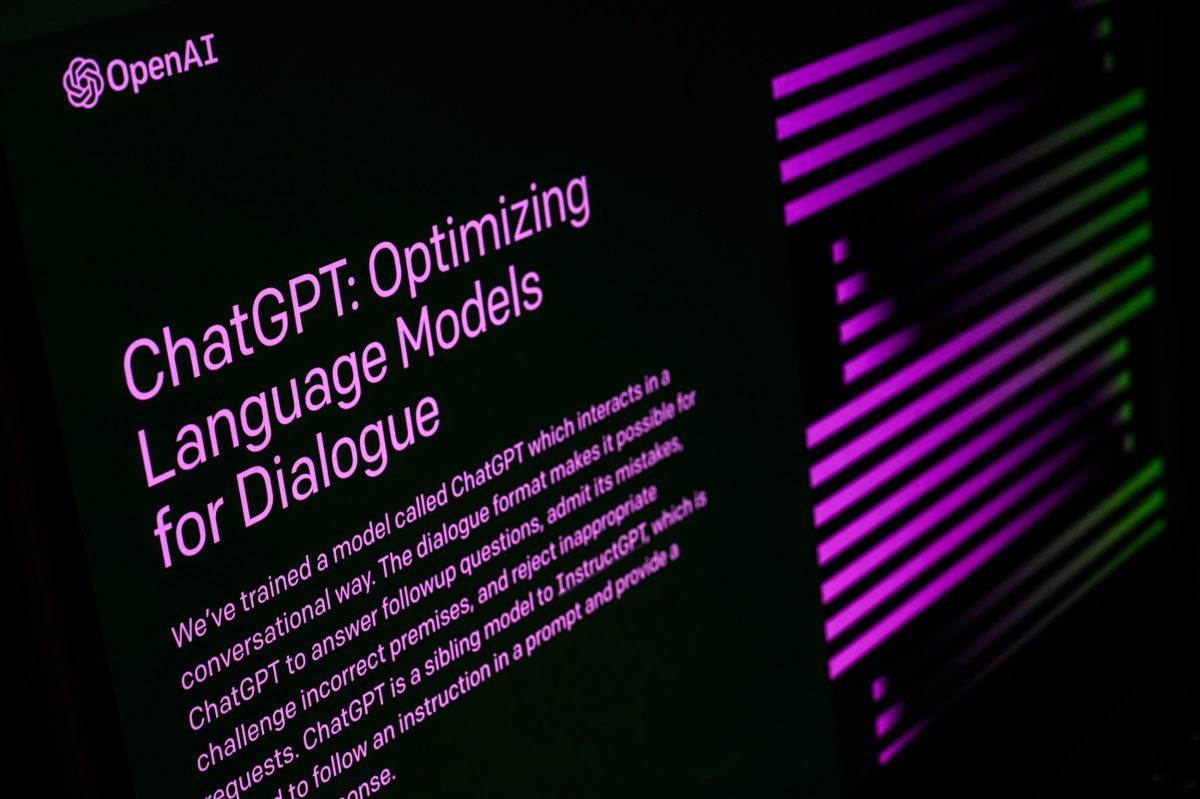Comprehensive Guide to Understanding AI Chatbots

The Rise of ChatGPT and OpenAI’s Journey
ChatGPT, developed by OpenAI, has rapidly gained traction since its public release in November 2022. Initially designed to boost productivity by assisting with tasks such as writing essays and generating code, this powerful AI tool has amassed a staggering 300 million weekly active users. The swift evolution of ChatGPT has transformed it from a simple text generator into a versatile platform capable of handling various AI tasks.
Key Developments in 2024
The year 2024 marked a significant period for OpenAI, characterized by strategic partnerships and new product launches. Notably, OpenAI teamed up with Apple to roll out Apple Intelligence, leveraging generative AI to enhance user experience. Additionally, the introduction of GPT-4o, featuring advanced voice capabilities, and the much-anticipated Sora, a text-to-video model, showcased the enduring innovation at OpenAI.
Despite these advances, OpenAI faced internal challenges, including the departure of high-profile executives such as co-founder Ilya Sutskever and CTO Mira Murati. Legal issues also surfaced, with lawsuits concerning alleged copyright infringements and an injunction from Elon Musk aimed at halting OpenAI’s transition to a profit-focused model.
OpenAI’s Competitive Landscape in 2025
As OpenAI entered 2025, it grappled with intensifying competition from Chinese AI firms like DeepSeek. To maintain its leadership in the AI sector, OpenAI focused on strengthening ties with U.S. government entities and embarked on an ambitious data center expansion project. Speculation about one of the largest funding rounds in history emerged, highlighting the company’s need for substantial investment to keep pace with competitors.
Recent Updates and Product Innovations
Timeline of Recent ChatGPT Updates
April 2025 Updates
1. Revamping Safety Standards: OpenAI announced plans to adjust its safety protocols in response to competition, particularly if other AI developers released high-risk systems without adequate safeguards.
2. Social Media Development: OpenAI is developing a social media platform to rival existing giants like X (formerly Twitter) and Instagram. The specifics of this venture remain unclear, as OpenAI contemplates whether to launch the project as a standalone application or integrate it with ChatGPT.
3. Model Adjustments: The company decided to phase out GPT-4.5 from its API in July while transitioning users to GPT-4.1, which emphasizes coding capabilities and competes against rival AI models.
4. Memory Features in ChatGPT: OpenAI began implementing features allowing ChatGPT to remember past conversations, enhancing personalization. Initially accessible for Pro and Plus users, these features will roll out to a broader audience.
5. Copyright and Watermarking Initiatives: OpenAI is also working on watermarking features for images generated by ChatGPT, addressing potential copyright concerns with visual content.
March 2025 Highlights
1. New Open Language Model: OpenAI intends to release its first open AI language model since GPT-2, inviting developer feedback during upcoming events.
2. Removing Content Restrictions: ChatGPT’s content moderation policies evolved, now allowing image generation that may include public figures and controversial symbols.
3. Anticipated Revenue Growth: OpenAI forecasted a significant revenue increase for 2025, with projections reaching $12.7 billion, fueled mainly by its paid subscription models.
Understanding the Technology Behind ChatGPT
ChatGPT is powered by GPT-4, a large language model that utilizes deep learning to generate human-like text. Its capabilities range from basic text generation to complex tasks such as coding and advanced research assistance. Offering both a free and a ChatGPT Plus subscription model, OpenAI caters to a diverse user base, including individuals and organizations across various sectors.
Frequently Asked Questions
What is ChatGPT?
ChatGPT is an AI chatbot designed to generate textbased on user prompts using deep learning technology.
Can ChatGPT be used for free?
Yes, ChatGPT offers a free version that requires sign-in but has premium features available through ChatGPT Plus.
What can ChatGPT do?
ChatGPT can write essays, generate coding scripts, and provide research assistance, among many other tasks.
How secure is ChatGPT’s data handling?
OpenAI complies with privacy regulations and allows users to make requests for data deletion under GDPR guidelines.
Are there issues related to copyright and plagiarism?
Yes, there are ongoing discussions regarding potential copyright infringements from AI-generated content, as well as concerns about plagiarism due to the model’s training on existing text data.





